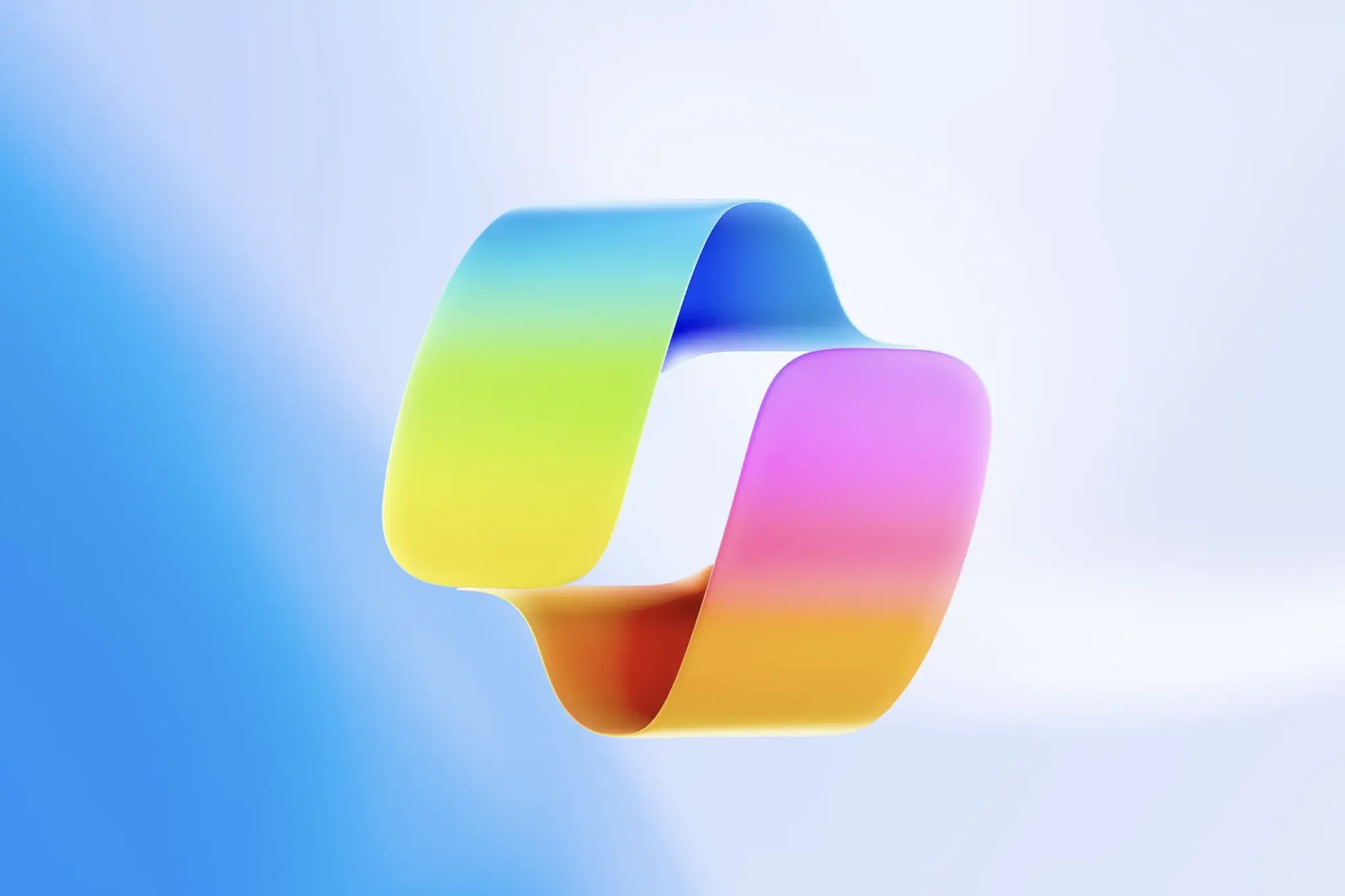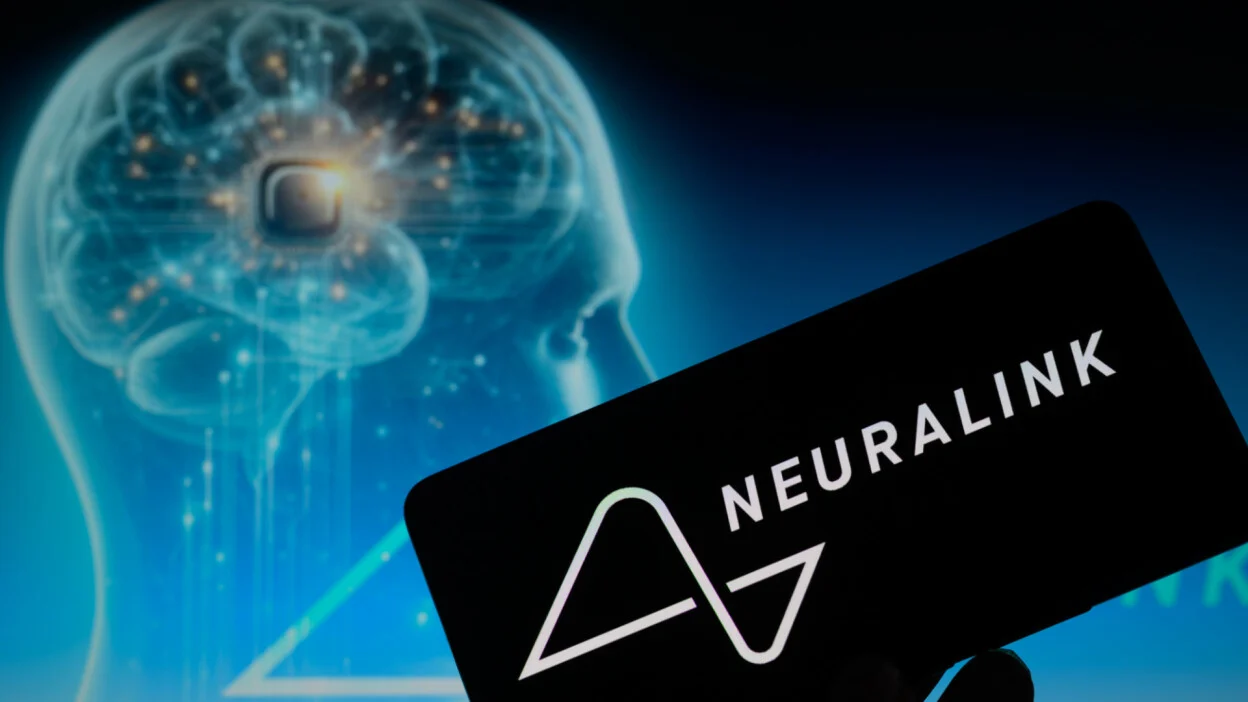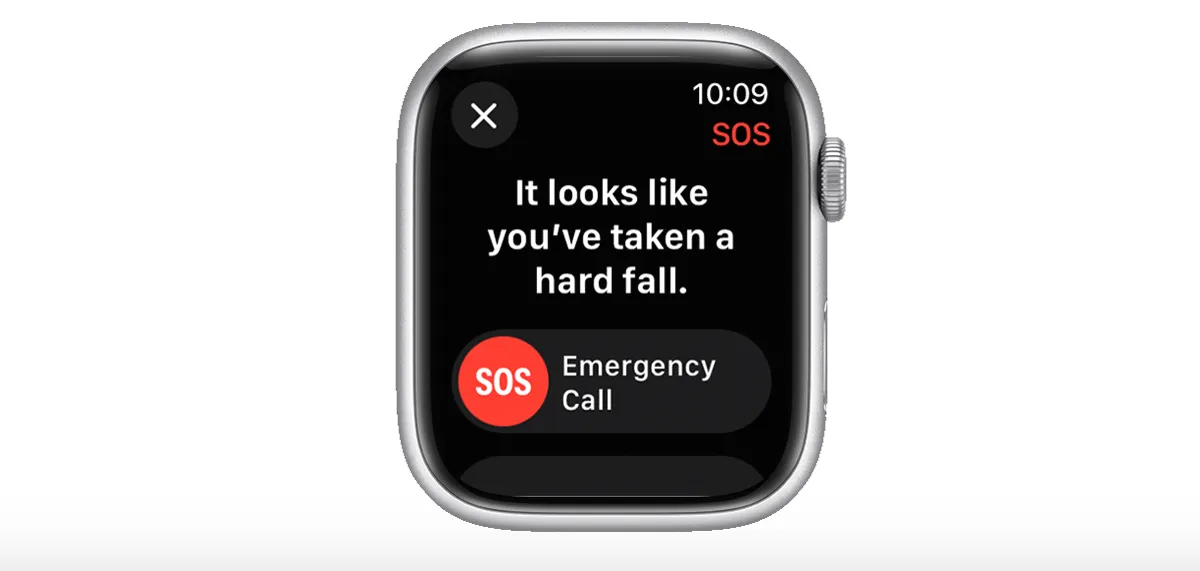Microsoft is broadening the reach of its AI assistant, Copilot, to a wider audience of Windows 11 users, signaling a significant push into AI-integrated operating systems. With Windows 10 updates soon to follow, this rollout marks a pivotal moment in Microsoft’s strategy to embed more sophisticated AI functionalities directly into the user experience of its flagship operating systems.
Key Highlights:
- Microsoft introduces Copilot in Windows, promising to transform user interactions with their PCs through AI-powered assistance.
- The rollout includes enhancements across various Windows apps such as Paint, Photos, and Clipchamp, leveraging AI for creativity and productivity.
- Notepad and Outlook receive updates aimed at improving usability and efficiency.
- Bing and Edge get AI upgrades to offer more personalized web experiences.
- Microsoft’s push includes hardware innovations with partners like Qualcomm, AMD, and Intel to support AI capabilities.
- Developer tools and environments, such as Dev Home and Dev Drive, are updated to facilitate easier and more efficient software development.
Comprehensive AI Integration Across Microsoft Ecosystem
Microsoft’s latest updates to Windows 11 introduce a suite of AI-powered features aimed at streamlining tasks and enhancing creativity. Paint now offers AI-driven drawing capabilities, while the Photos app simplifies editing with features like background blur. The Snipping Tool, Clipchamp video editor, and Notepad all receive significant AI enhancements, from text extraction and video editing to session state saving for a seamless user experience.
Outlook and File Explorer are modernized to support easier management of emails and files, respectively. Microsoft is also making strides in accessibility with improved text authoring experiences, voice access, and updated Narrator voices, ensuring Windows 11 becomes the most accessible Windows version to date.
Enhanced Web Interactions with Bing and Edge
Microsoft is not stopping at desktop improvements. Bing and Edge receive upgrades to provide more personalized and efficient web browsing experiences. Bing Chat and Microsoft Shopping leverage AI to offer tailored recommendations and savings, while new models like DALL.E 3 bring enhanced image creation capabilities directly to users. Microsoft is also introducing Content Credentials to add a layer of trust to AI-generated content.
Boosting Developer Productivity with AI and New Tools
For developers, Microsoft introduces new hardware capabilities and software tools designed to make AI model development and application integration easier and more efficient. Partnerships with hardware manufacturers ensure support for AI models on a wide range of devices. Dev Home emerges as a new productivity tool for developers, offering a streamlined workflow and environment setup. With Dev Drive, developers gain a performance-optimized storage solution designed specifically for their needs.
Making Everyday Tasks Easier with Copilot
Microsoft’s integration of Copilot into system settings and Windows 11 apps like Photos and Clipchamp illustrates a significant leap toward making AI a core part of the user experience. Users can now access system settings, enable accessibility features, and connect to Wi-Fi networks directly through Copilot, making it a central hub for managing their digital life.
Forward-Looking Strategy
As Microsoft rolls out these updates starting with Windows 11 and soon to Windows 10, the company is setting a new standard for what users can expect from their operating system. By weaving AI deeply into the fabric of Windows, Microsoft aims to enhance productivity, creativity, and ease of use, marking a new era in personal computing.






























